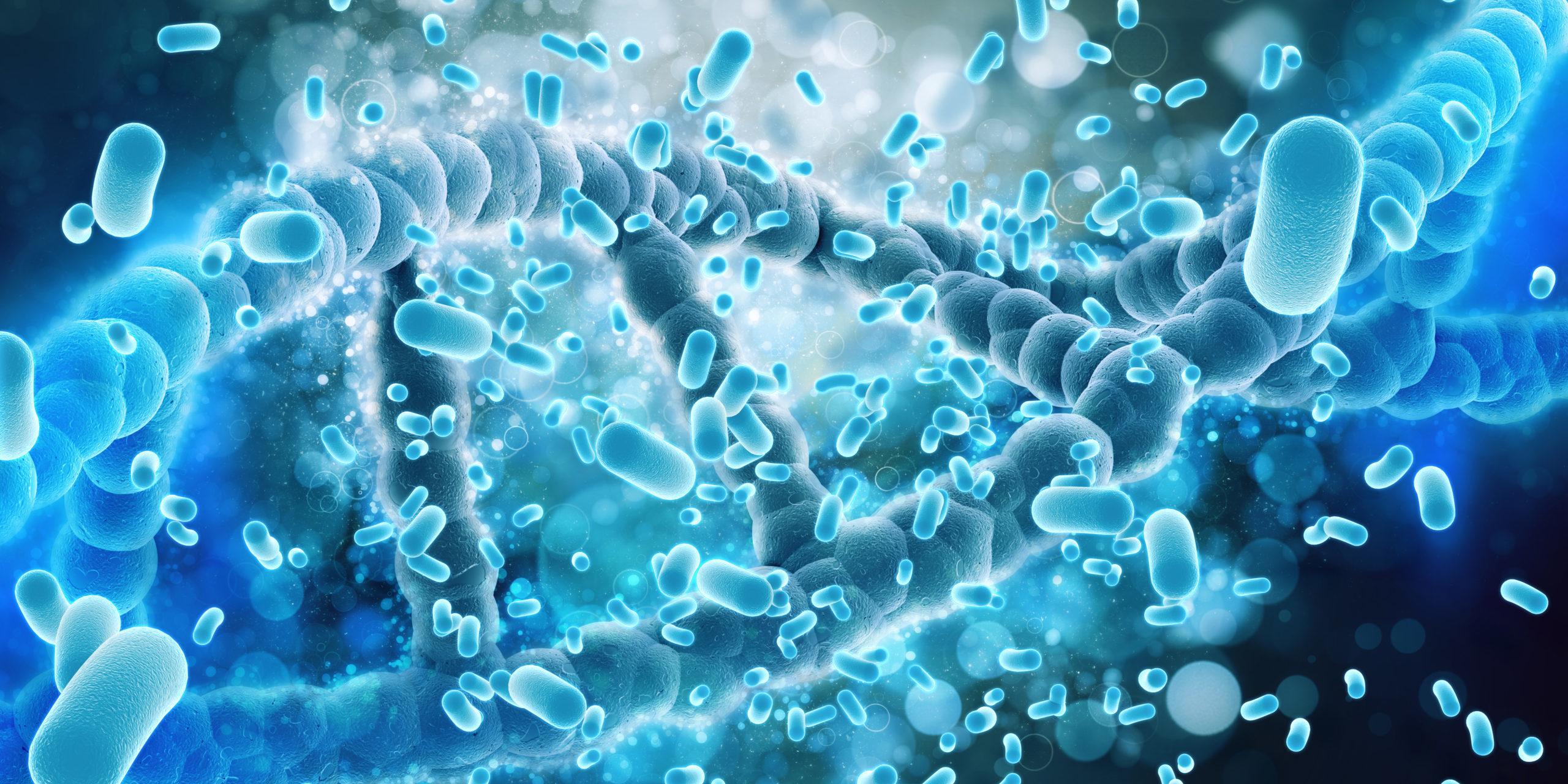The aim of Professor Emily Hunt‘s study is to address the need in today’s society for innovative solutions that help reduce pathogens and bacterial contamination in the food industry and prevent the potential risk to public health.
Researchers worldwide are responding to this social need. Dr. Hunt proposes the use of new materials, given the limited effectiveness of traditional cleaning methods such as aerosol sprays or sanitizer wipes. The idea would be to use metal alloys as agents that act powerfully in neutralising bacteria and can be applied in products such as clothing, personal hygiene, kitchen countertops and bath accessories.
Conclusions of the research
-
“Bacterial contamination in food industries that lead to the risk of potential human illness create a major public health issue”.
-
“There is a strong need to mitigate bacterial colonization by engendering materials with properties that include surface chemistry and surface roughness which are unfavorable for bacterial attachment and growth”.
-
“The food industry is in desperate need of new, innovative interventions that will help reduce foodborne pathogens and product recalls while remaining compliant with new government regulations”.
-
“Researchers worldwide are responding to this need with the creation of novel materials.
One such material is a nano-structured metallic alloy created by combustion synthesis. This material is created by a reaction that can produce a self-propagating heat wave that will synthesize metallic alloys made of pores only nanometers wide that inherently exhibits antibacterial properties”. -
“The extraordinarily high surface areas these materials possess serve as an excellent platform for the neutralization of bacteria. These newly synthesized alloys present a novel approach to bacterial neutralization”.
Click here to view the full presentation.
